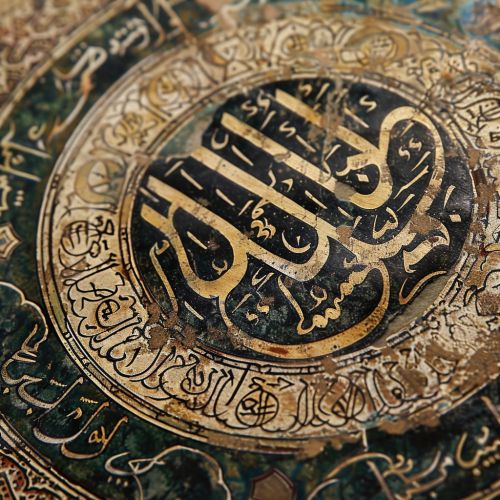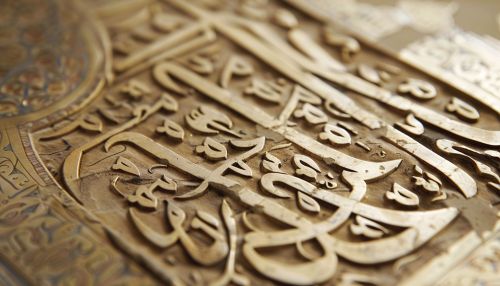Matn
Introduction
Matn is a term that originates from Arabic and is used in the field of Hadith. It refers to the content or the body of a Hadith, which is a saying, action or approval of the Prophet Muhammad. The Matn is contrasted with the Isnad, which is the chain of narrators that transmit the Hadith from generation to generation.


Understanding Matn
The Matn of a Hadith is the actual narrative of the Hadith. It is the part that contains the Prophet’s words, actions, or tacit approvals. The Matn can be a single sentence, a paragraph, or even longer. It is the part of the Hadith that is studied for its meaning and implications in Islamic law, theology, and ethics.
The Matn is the core of the Hadith, and it is what the scholars of Hadith focus on when they are interpreting the Hadith and deriving rulings from it. The Matn is the source of the Prophet’s guidance and wisdom, and it is the part of the Hadith that is memorized and quoted by Muslims.
Importance of Matn
The Matn of a Hadith is of utmost importance in Islamic scholarship. It is the primary source of the Prophet’s teachings and is used to derive Islamic law and theology. The Matn is also used to understand the context of the Prophet’s life and times, and to gain insight into his character and personality.
The study of Matn is a specialized field in Hadith studies, known as 'Ilm al-Matn. Scholars in this field analyze the language, style, and content of the Matn, and compare it with other Hadiths and with the Qur’an. They also look for any inconsistencies or contradictions in the Matn, which could indicate that the Hadith is weak or fabricated.
Criticism of Matn
While the Matn is a crucial part of Hadith studies, it is not without its critics. Some scholars argue that the Matn is not always reliable, as it can be influenced by the narrator’s memory, understanding, and interpretation. They also point out that the Matn can be manipulated or fabricated, either intentionally or unintentionally.
Despite these criticisms, the Matn remains a vital part of Hadith studies. Scholars have developed rigorous methods to verify the authenticity of the Matn, and to distinguish between sound and weak Hadiths.
